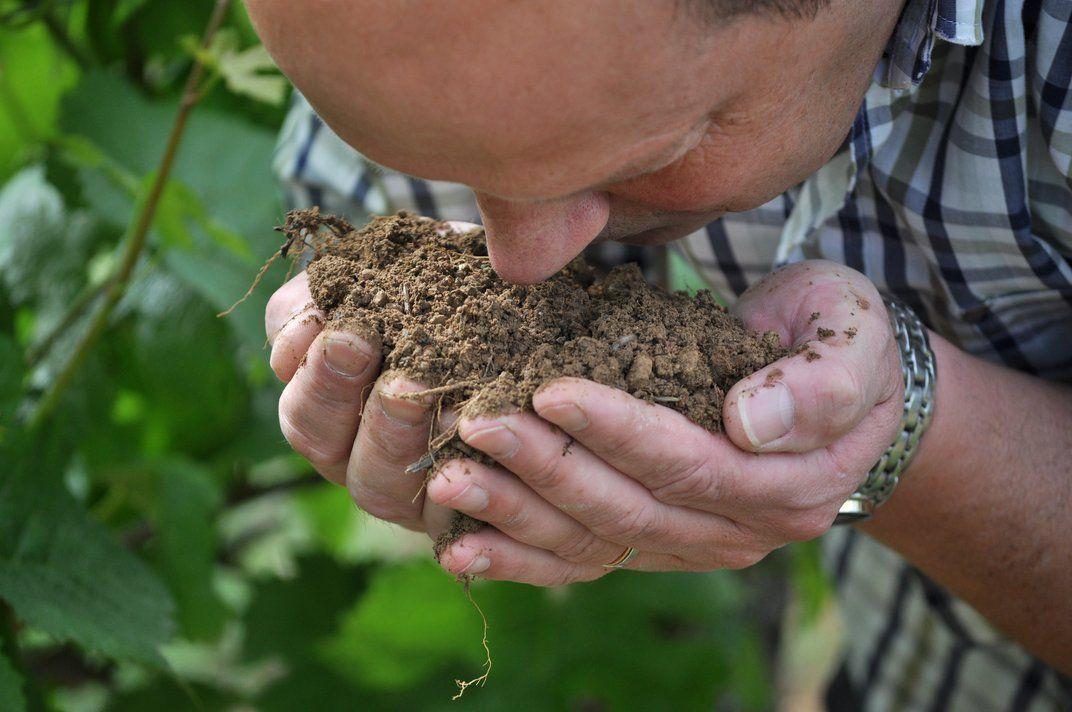Organic farming is the ecological response to conventional agriculture, treatments are carried out using products from nature, chemicals from petroleum are banned. Working the soil to combat grass allows important consideration of the soil and subsoil.
What you need to know is that the term organic farming does not mean without treatments, it only means that the products are of natural origin and the fight against diseases and pests is still closely monitored. Certain products can be toxic to humans and soils in high doses, such as sulfur and copper. These products are extracted in quarries and appear in different forms when they are incorporated into treatment slurries. The use of copper in organic farming is limited to 4 kilograms per hectare per year, which remains a low dose compared to what may have been used in the past during industrial development. Other products like bacteria such as Bacillus Turengiencis fight against pests and diseases.

Taking into account the soil and subsoil is an annual consideration, from the moment when mechanical weeding of the soil is a priority, a major limitation of the weight of tractors is favored in order to limit soil compaction. Living soil is well-aerated soil with numerous fungi, bacteria and significant micro-fauna. The role of earthworms is essential, they are real tillers, mixing layers of soil throughout the year. This life of the soil allows the production of organic matter specific to each terroir, the humus is maintained at a sufficient quantity for the soil to live for many years. Man intervenes when the removal of organic matter from the land through harvests or grape harvests exceeds the annual production of organic matter from the soil, he brings back either fertilizers of natural origin such as guanos or composts rich in microbiological activity.
To simplify, organic farming, if practiced well, is much more ecological than conventional agriculture and the farmer remains much closer to his land by carrying out more manual work and more precise controls. However, organic is not a guarantee of quality, but an assurance of a production method without chemicals and controlled by organizations outside the farms.


